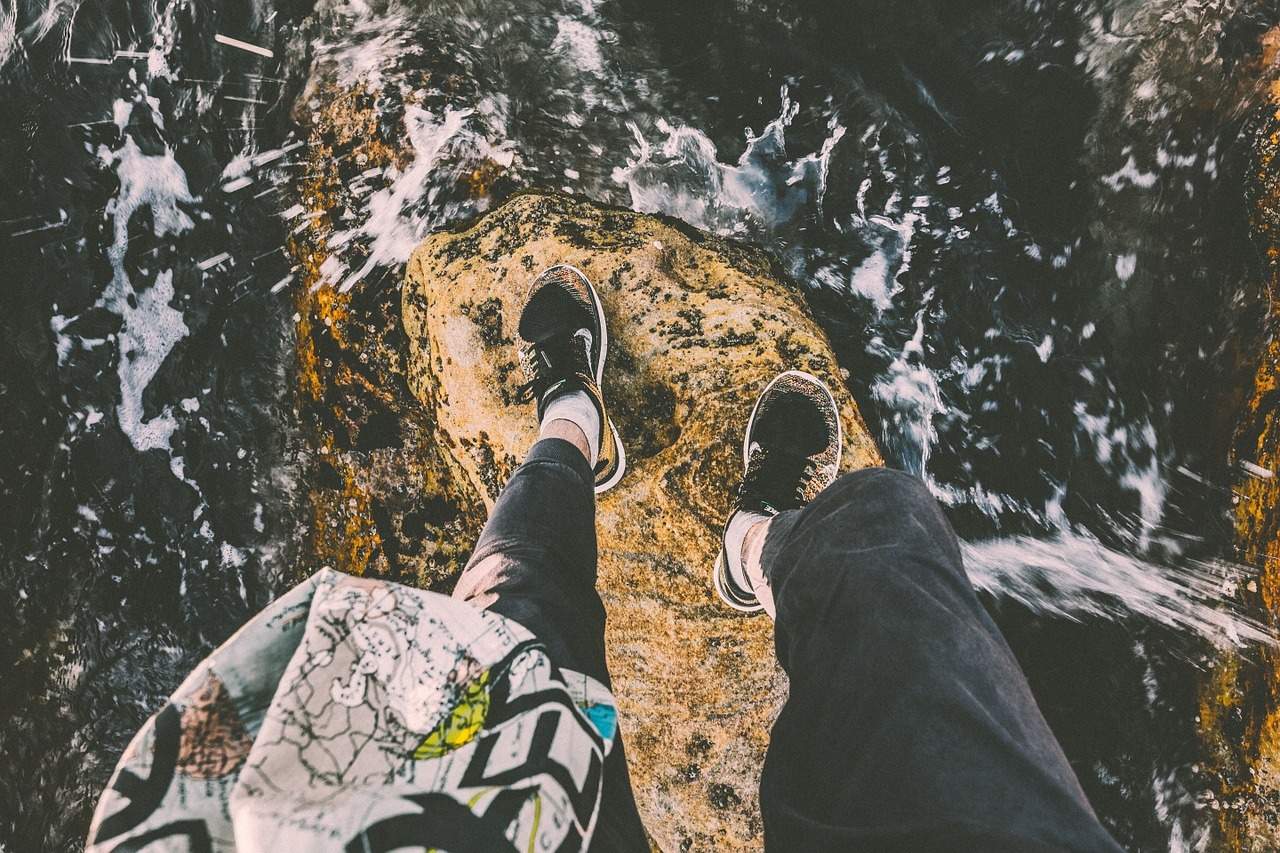Contents:
- Medical Video: Acrophobia - Getting Over a Fear of Heights
- Symptoms of altitude phobia
- Ways to overcome altitude phobia
- 1. Self help
- 2. Counseling therapy
- 3. Exposure therapy
- 4. Cognitive behavioral therapy
Medical Video: Acrophobia - Getting Over a Fear of Heights
Altitude phobia also known as acrophobia is one of the most common types of phobia. Although many people have a fear of a high place, but people who have a high phobia will feel anxious or nervous when at height, some even have irrational and continuous fear.
The human body does have a natural defense against danger, such as jumping off a cliff or driving on a narrow and tall bridge. This will turn out to be a problem if the natural instincts of fear possessed by humans turn into paranoia or abnormal fear.
This irrational fear can be something that is beneficial and also detrimental. Beneficial because fear will prevent us from doing things that are harmful. But people who have elevated phobias will experience extreme panic or anxiety. Altitude phobias can be cured with therapy, but before that let us know some of the symptoms of altitude phobia.
Symptoms of altitude phobia
The following are common symptoms that can occur in someone who has a high phobia:
- Vertigo
- Intense fear when climbing or descending a high place
- Direct reaction at height, such as kneeling or looking for something to hold on to
- Great anxiety when anticipating heights
- Avoid high places
- Panic attacks, in the form of trembling, sweating, fainting, nausea, vomiting, dizziness, difficulty breathing, rapid heartbeat, chest pain, numbness in the limbs, stiffness of the body, and anger
Ways to overcome altitude phobia
1. Self help
Self-help really means doing it yourself and this can be done by choosing various home study programs for self-therapy. Although this method rarely works, at least you have a sense of responsibility for your own recovery.
2. Counseling therapy
If the self-help technique doesn't work, talk to your doctor. You may need professional help from a psychiatrist or therapist. There are several types of counseling therapy and of course the effectiveness of therapy depends on the therapist. However, generally this therapy process is slow and unsuccessful, because this training has no method to deal with serious concerns.
3. Exposure therapy
If you suspect that you have a phobia, start talking to a doctor who can recommend the therapist that is right for you. You may be advised to take exposure therapy, although the therapist may also recommend additional treatment.
Exposure therapy is a form of cognitive behavioral therapy that involves yourself in scenarios that involve your phobia, and makes you learn new things to overcome your phobia. This process usually has 5 steps, namely:
- Evaluation. You describe your fear to the therapist and recall past events that are thought to be related to your phobia.
- Response. The therapist will offer an evaluation of your phobia and propose a treatment plan.
- Develop a fear hierarchy. You and the therapist make a list of scenarios that involve your fear, each more intense than the last.
- Exposure. You begin to open up to each scenario on the list, starting from the least scary situation. You begin to realize that panic diminishes in a few minutes when you face your fear.
- Advanced stage. When you become comfortable at each stage, you will move to more difficult situations.
4. Cognitive behavioral therapy
Cognitive behavioral therapy is an approach that encourages people to face and change their thoughts and attitudes that lead to fear. Systematic desensitization, which is cognitive behavioral therapy (CBT), is a behavioral therapy technique that is more often used to treat altitude phobias or other phobias. This is based on making patients relax, then imagining things that trigger phobias (from the less terrible to the most terrible). According to the National Institute of Mental Health, about 75% of people who have certain phobias usually manage to overcome their fears through cognitive behavioral therapy.
READ ALSO:
- People whose Homophobia Has Gay Trends?
- 7 Ways to Conquer Fear of Heart Disease
- The 5 Most Frequently Asked Questions About Pedophilia












